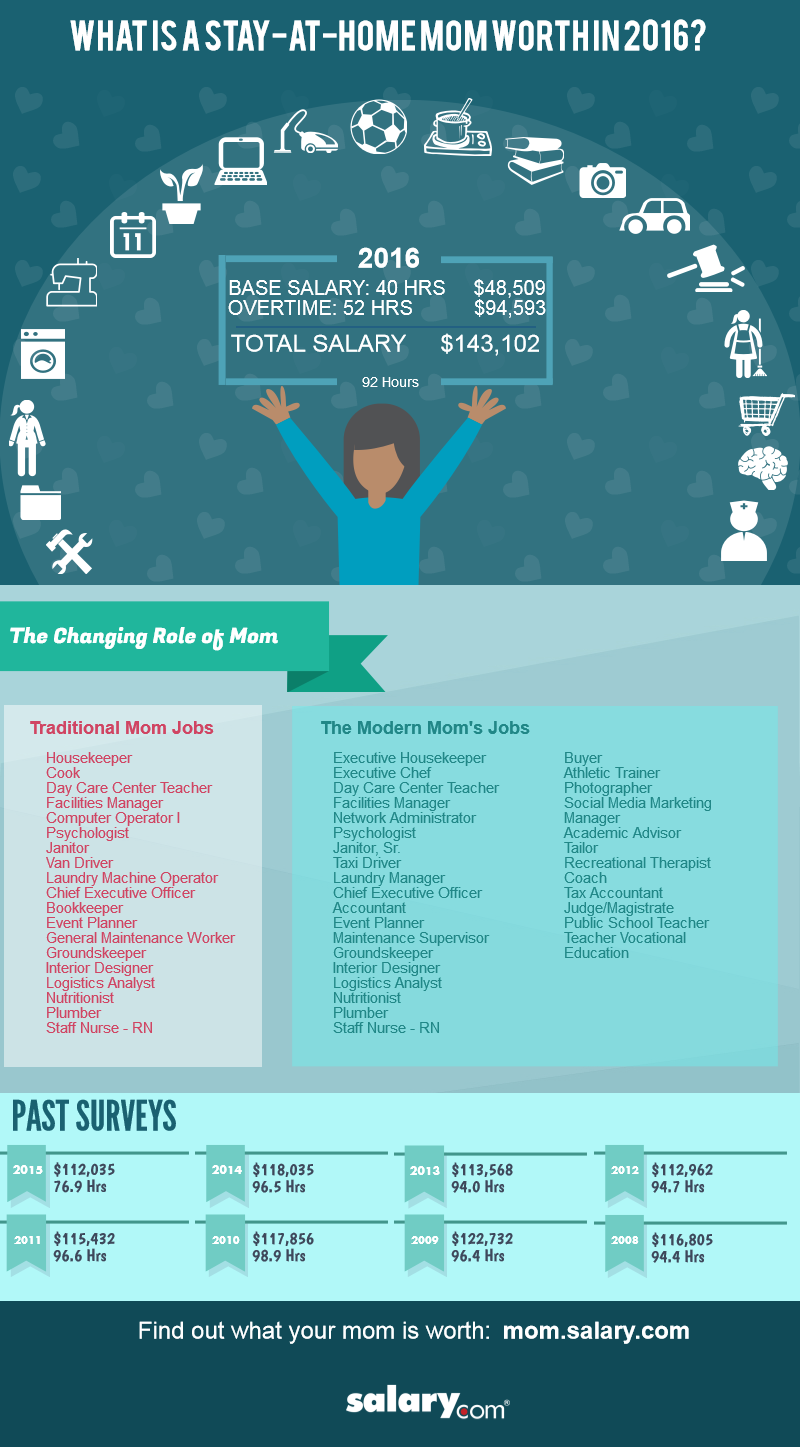Being a stay-at-home parent is an undervalued role in society. The news proved this when headlines broke out this week saying stay-at-home mums are draining the economy. And I agree. They most probably are a ‘financial’ drain on the economy. But like all businesses, it takes time and money to invest in the future.
Raising children are a worthy and priceless drain on the economy. We are raising a future generation of children who will work and one day pay taxes.
Whether a parent chooses to go back to work or not should be up to each individual family. It often comes down to two considerations.
1. Finances. Can the family survive on one income?
2. Family culture. Will the children cope with both mum and dad going back to work? What can mum cope with and what type of mum does she want to be? What can dad cope with and what type of dad does he want to be? What’s the right work ratio that suits the culture of your family?
No matter a family’s beliefs, often finances are the biggest consideration for both parents to go back to work.
What we often take for granted is the value of choice. We have a choice to stay home and raise our children, go back to work, or find work that will fit in with family life. While we may feel like we don’t have a choice. We certainly can make lifestyle changes to suit our financial and family wellbeing.
But no matter the choice, raising children is hard work. Housework increases when you add more children to your home, but someone still has to do it. What about discipline? Ensuring our children are healthy? Children need to be dropped off to school or after school activities. Add in volunteering, kids sport on the weekends and church on Sundays and you can see family life is busy. Something has to give if both parents choose to work full time.
Having a parent stay home with the kids makes sense. Why should parents be draining themselves to live up to expectations of the world? Will the economy pay for their health when they run themselves to the ground?
A new study by salary.com worked out how many hours SAHM’s would make if they were paid for the work they do at home. This is the 16th year the survey has been conducted and researchers looked at 15,000 mums to see what fills their day and used this data to put a labour price on each responsibility.
A mum typically works 40 regular hours, but puts in 52 hours of overtime. With those considerations, the annual salary for a stay at home parent (lets include stay-at-home dads in this too) worked out to be an annual salary of US$143,102. In Australian dollars that equates to $189,803.03!
I think the economy is getting a bloody great investment from stay-at-home parents if that’s the salary they should be paid.
To all the stay-at-home parents out there, you are doing a great job. Do not for one second feel guilty about putting your family first. You’re worth far more than you realise.
And even if we can put a price on your worth, your family would be lost without you. To them, you are priceless and irreplaceable.










